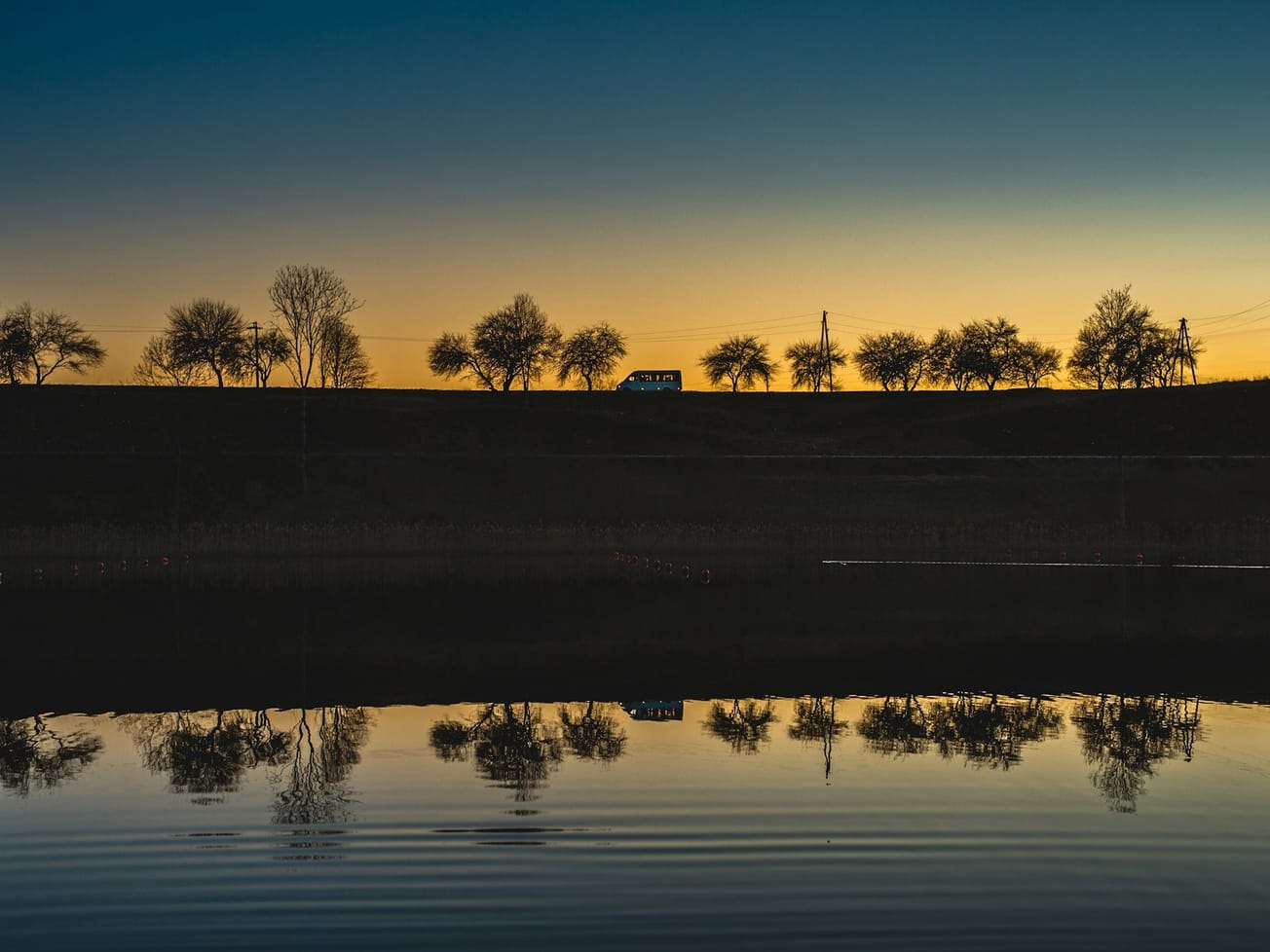BRUSSELS (AN) – The European Union's sweeping nature restoration law, a cornerstone of the bloc's Green Deal, overcame its final obstacle as environment ministers green-lit the legislation, with last-minute backing from Austria and Slovakia proving decisive.
The vote on Monday marks the culmination of two years of intense negotiations and clears the path for the legislation to take effect across the bloc. With legally binding targets and obligations covering ecosystems from wetlands to grasslands, forests, rivers, lakes, and marine habitats, the law becomes one of the E.U.'s most comprehensive pieces of environmental legislation.







